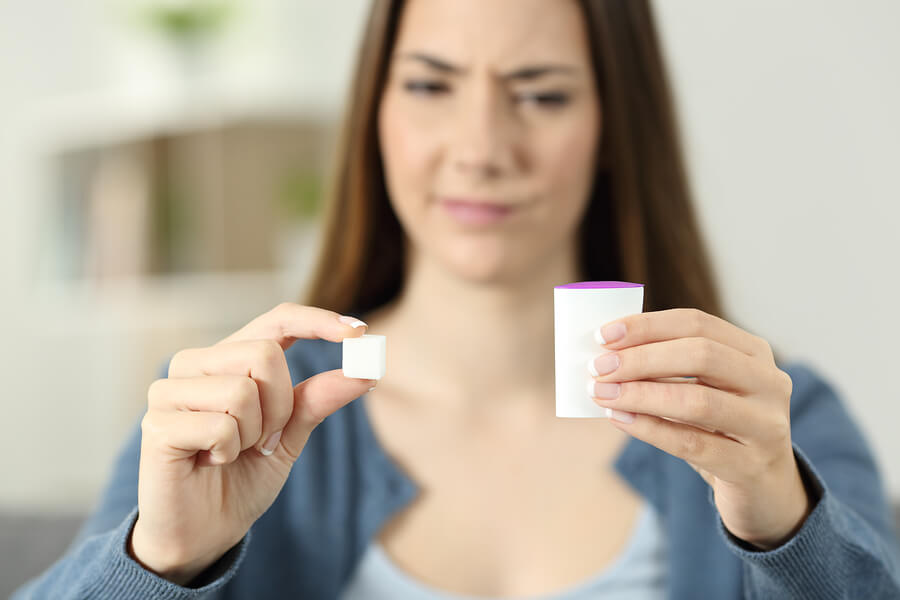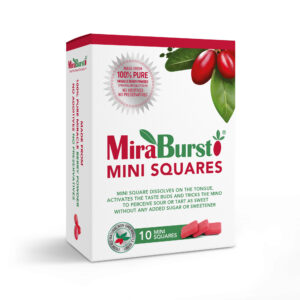
Are Artificial Sweeteners Really Better For Us?
Over the years, we have bought into the myth that artificial sweeteners could trick our taste buds without the calories or health drawbacks of sugar. When we consider the lowly diet soda, the addition of chemical artificial sweeteners cut out a whopping 150 calories just in one 12-ounce serving alone. That’s good, right? Maybe not so much.
Over the years, health organizations and the FDA gave a nod to these sweeteners in the quest to reduce refined sugars from our diets, although cautiously. Then, through various studies, many were subsequently vilified.
What We Do Know
We now know that certain artificial sweeteners may carry risks for cardiovascular disease and we are now seeing evidence that artificial sweeteners can also lead to the very things they are supposed to be helping us prevent: obesity and diabetes.
Recent Studies
This was weighed out in a recent study by the Department of Biomedical Engineering at the Medical College of Wisconsin and Marquette University. Presenting at the Experimental Biology meeting in San Diego in April, Brian Hoffman, a lead author of the study, said the group identified several links between artificial sweeteners and changes in metabolism at the genetic level that could lead to diabetes and obesity.
The Same But Different
The study specifically dealt with two sweeteners, aspartame and acesulfame potassium. These are sweeteners that are frequently combined in products like Equal. These substances altered the genetic expression for lipid metabolism in cells in both rats and humans. These findings suggest that these artificial sweeteners can also contribute to diabetes and obesity, only in an entirely different way than regular sugar.
These artificial sweeteners seem to alter the genes that are responsible for the breakdown of things such as fats and proteins. In regular sugar, the mechanism is insulin resistance and damaging cells lining blood vessels.
What is Our Definition of Moderate?
For decades, people have been using artificial sweeteners thinking that they are a healthy alternative to sugars, but the latest research suggests this is not true at all. And actually, sugar is not that bad if we keep it in moderation. Today’s dietary guidelines suggest keeping sugar to ten teaspoons a day for the average person. Our problem is that the average for most Americans is more like thirty to forty teaspoons a day.
[mira-cta]
The Sweetness Factor
This means our taste buds are now conditioned to a very high level of sweetness. Artificial sweeteners may have changed the way we taste food as well. These sweeteners are far sweeter than regular table sugar and may have caused overstimulation of sugar receptors and led us to have a low tolerance for things that are less intensely sweet.
We Need Something New, Natural, and Safe
While we are watching as science sifts through the evidence for or against sugar and sugar substitutes, it becomes clear that we could use a natural and safe sugar substitute that can tackle our addiction to sugar. We believe that the miracle berry may hold a key.


